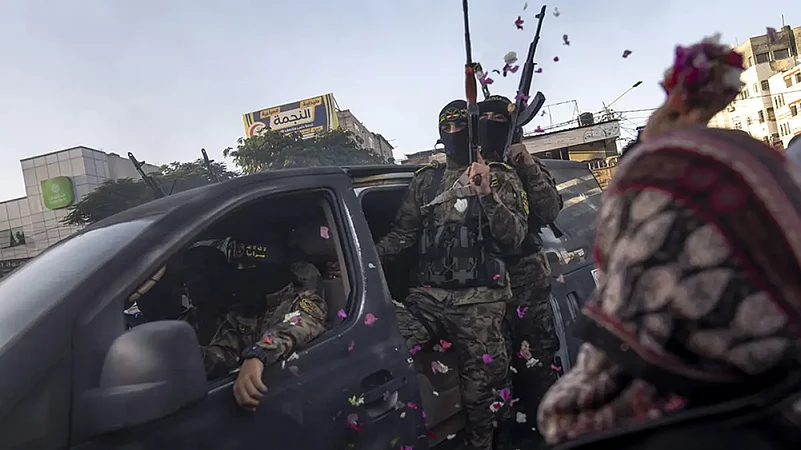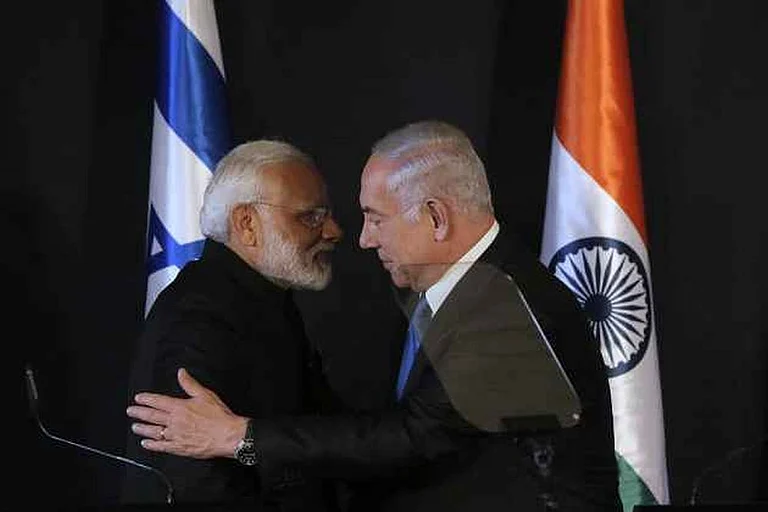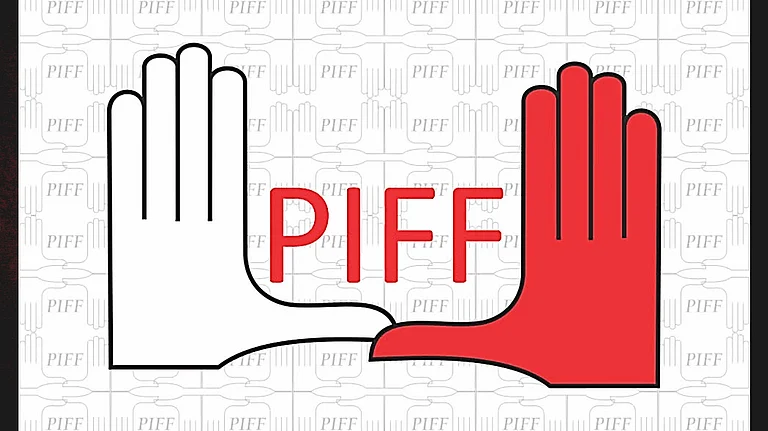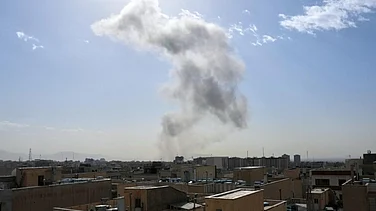Israeli forces pushed deeper into Gaza's southern city of Rafah on Sunday and battled Hamas in parts of the devastated north that the military said it had cleared months ago but where militants have regrouped.
Warnings continued against the growing offensive in Rafah, considered the last refuge in Gaza for more than a million civilians as well as Hamas' last stronghold. Some 300,000 people have fled Rafah following evacuation orders from Israel, which says it must invade to dismantle Hamas and return scores of hostages taken in the Oct 7 attack against Israel that sparked the war.
US Secretary of State Antony Blinken reiterated opposition to a major military assault on Rafah, telling CBS that Israel would “be left holding the bag on an enduring insurgency” without an exit from Gaza and postwar governance plan.
The expanding Rafah operation has drawn warnings from neighbouring Egypt, whose foreign ministry said it intends to formally join South Africa's case at the International Court of Justice alleging Israel is committing genocide in Gaza, which Israel rejects. The statement cited “the worsening severity and scope of the Israeli attacks against Palestinian civilians”.
“A full-scale offensive on Rafah cannot take place,” United Nations human rights chief Volker Turk said in a statement, adding he cannot see how it can be reconciled with international humanitarian law.
Gaza has been left without a functioning government, leading to a breakdown in public order and allowing Hamas' armed wing to reconstitute itself in even the hardest-hit areas. Israel has yet to offer a detailed plan for postwar governance in Gaza, saying only that it will maintain open-ended security control over the coastal enclave home to about 2.3 million Palestinians.
Prime Minister Benjamin Netanyahu in a Memorial Day speech vowed to continue fighting until victory in memory of those killed in the war.
Netanyahu has rejected postwar plans proposed by the United States for the Palestinian Authority, which administers parts of the Israeli-occupied West Bank, to govern Gaza with support from Arab and Muslim countries. Those plans depend on progress toward the creation of a Palestinian state, which Netanyahu's government opposes.
The Oct 7 attack killed around 1,200 people, mostly civilians, and took another 250 hostage. Militants still hold about 100 captives and the remains of more than 30. Internationally mediated talks over a cease-fire and hostage release appear to be at a standstill.
Israel's air, land and sea offensive has killed more than 35,000 Palestinians, mostly women and children, according to Gaza's Health Ministry, which doesn't distinguish between civilians and combatants in its figures. Israel says it has killed over 13,000 militants, without providing evidence.
HEAVY BOMBARDMENT IN THE NORTH
Palestinians reported heavy Israeli bombardment overnight in the urban Jabaliya refugee camp and other areas in northern Gaza, which has suffered widespread devastation and been largely isolated by Israeli forces for months. UN officials say there is a “full-blown famine” there.
Residents said Israeli warplanes and artillery struck across the camp and the Zeitoun area east of Gaza City, where troops have battled militants for over a week. They have called on tens of thousands of people to relocate to nearby areas.
“It was a very difficult night,” said Abdel-Kareem Radwan, a 48-year-old from Jabaliya. He said they could hear intense and constant bombing since midday Saturday. “This is madness.”
First responders with the Palestinian Civil Defense said they were unable to respond to multiple calls for help from both areas, as well as from Rafah.
Rear Adm. Daniel Hagari, the top Israeli military spokesman, said forces were also operating in Beit Lahiya and Beit Hanoun. The two towns near Gaza's northern border with Israel were heavily bombed in the opening days of the war.
“Hamas' regime cannot be toppled without preparing an alternative to that regime,” columnist Ben Caspit wrote in Israel's Maariv daily, channeling the growing frustration felt by many Israelis more than seven months into the war. “The only people who can govern Gaza after the war are Gazans, with a lot of support and help from the outside.”
CIVILIANS FLEE IN THE SOUTH
The United Nations' agency for Palestinian refugees, the main provider of aid in Gaza, said 300,000 people have fled Rafah since the operation began there. Most are heading to the heavily damaged nearby city of Khan Younis or Mawasi, a tent camp on the coast where some 450,000 people are already living in squalid conditions.
Rafah was sheltering some 1.3 million Palestinians before the Israeli operation began, most of whom had fled fighting elsewhere.
Israel has now evacuated the eastern third of Rafah, and Hagari said dozens of militants had been killed there as “targeted operations continued”. The United Nations has warned that a planned full-scale Rafah invasion would further cripple humanitarian operations and cause a surge in civilian deaths.
Rafah borders Egypt near the main aid entry points, which are already affected. Israeli troops have captured the Gaza side of the Rafah crossing, forcing it to shut down. Egypt has refused to coordinate with Israel on the delivery of aid though the crossing because of “the unacceptable Israeli escalation,” the state-owned Al Qahera News television channel reported.
A senior Egyptian official told The Associated Press that Cairo has lodged protests with Israel, the United States and European governments, saying the offensive has put its decades-old peace treaty with Israel - a cornerstone of regional stability - at high risk. The official was not authorized to brief media and spoke on condition of anonymity.
US President Joe Biden has said he won't provide offensive weapons to Israel for Rafah. On Friday, his administration said there was “reasonable” evidence that Israel had breached international law protecting civilians - Washington's strongest statement yet on the matter.
Israel rejects those allegations, saying it tries to avoid harming civilians. It blames Hamas for the high toll because the militants fight in dense, residential areas. But the military rarely comments on individual strikes, which often kill women and children.


























